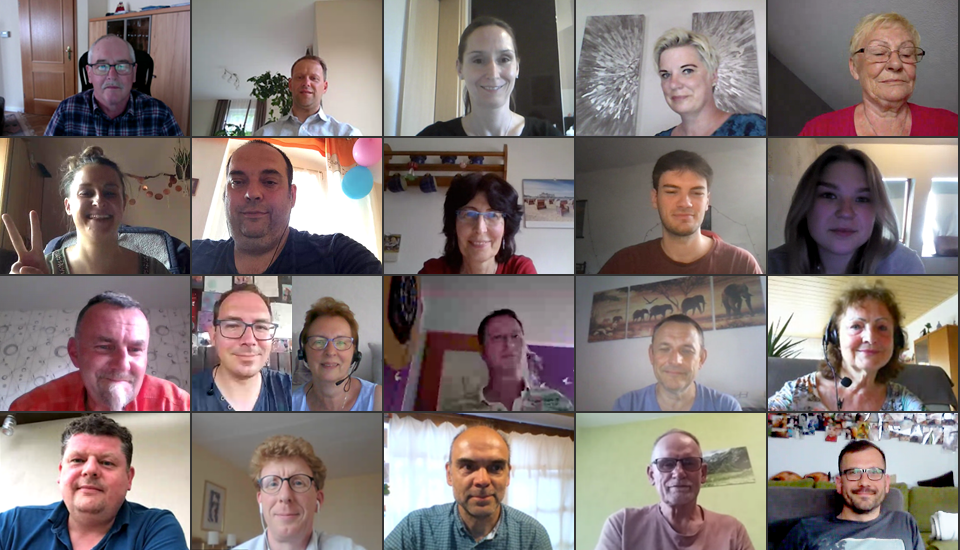Citizens' assembly recommends Covid-19 measures

In its recommendations, the randomly selected Thuringian Citizens' Forum Covid-19 calls on the state government to avoid further area-wide school closures if possible. "This was one of the most important demands," said Justice Minister Dirk Adams (Greens) at the presentation of an interim report by the Citizens' Forum on 14 September 2021. He emphasised that the demand had mainly referred to education, but that the Citizens' Forum also pleaded in other areas to avoid closures in autumn and winter as far as possible.
The dialogue format had been initiated by the state government to get the citizens' opinion on how to deal with the Covid-19 pandemic. The aim was to incorporate the recommendations of the citizens' forum into further planning for future pandemic emergency situations. The forum was launched at the beginning of June 2021; the participants met online in four regular sessions and in one working group session. They were advised by experts. According to one of the participants, the number of participants fluctuated between 30 and 51.
55 recommendations
About 55 recommendations for measures from the citizens were included in the interim report. Of these, 13 immediate measures were identified that could be implemented immediately, according to Justice Minister Adams. However, there were also demands that were difficult or impossible to implement. "There was a proposal to suspend legal regulations for such pandemic situations - for example, data protection," said Adams. Some of the participants considered this to be an obstacle. However, the European Data Protection Regulation could not be overridden. A final report with an assessment by the state government of which of the required measures can be implemented and which cannot - at least not in the short term - should be available in November 2021.
In the area of care and health, the 13 immediate measures include sponsorships and networking of staff for improved working conditions. In addition, framework conditions for the training of refugees in care are to be created. Bureaucratic processes are to be shortened through digitalised application procedures. The Citizens' Forum has also suggested creating low-threshold further training offers on digital competence locally. In addition, projects for the further training of volunteers should be subsidised unbureaucratically.
Digital teaching concepts and more transparency
In the area of education, the Citizens' Forum advises striving for appropriate digital teaching concepts and educational reform and increasing motivation to learn. In the area of work and culture, the participants suggest that opening scenarios should be explained and justified more transparently. They reject a blanket closure of institutions. There should be vouchers for the use of cultural institutions. Educational work on hygiene measures should be intensified.
Furthermore, the Citizens' Forum recommends the establishment of a Covid-19 hotline and a digital noticeboard for citizens' questions and suggestions. The importance of sport in general as a contribution to health should be focused on.
Citizens' Forum a reflection of the population
For the citizens' forum, 4,002 randomly selected citizens from 73 Thuringian municipalities were contacted. The citizens' forum was then formed from 52 people who were interested in participating. These 52 participants corresponded to the composition of the Thuringian population in terms of region, gender and age group.
A final survey showed that the majority of the participants could imagine participating in citizens' forums on other topics. Most participants are in favour of a mixture of digital events and face-to-face sessions. Only 18 per cent would like to see further citizens' forums conducted predominantly in face-to-face sessions.
More citizens' assemblies on Covid-19
The Thuringian Citizens' Forum Covid-19 was one of several randomly selected citizens' assemblies that discussed measures and ways out of the Covid-19 crisis. The German states of Baden-Württemberg and Saxony had also convened such citizens' assemblies. Citizens' assemblies on the pandemic also existed in France at the national level and in the three cities of Chambéry, Grenoble and Nantes, in Bristol, England, and in the US state of Oregon.
More information